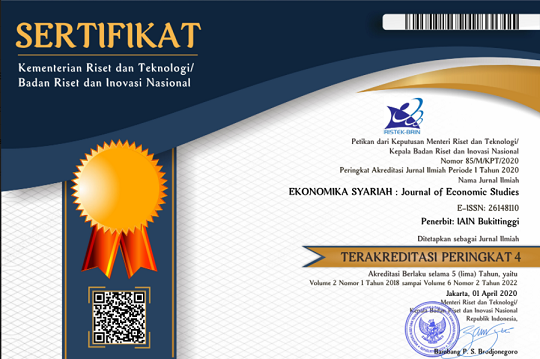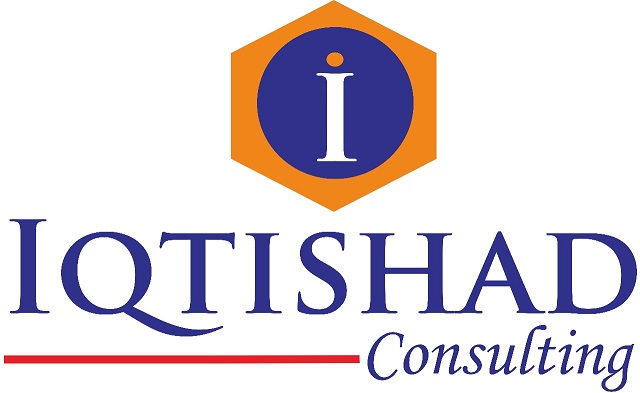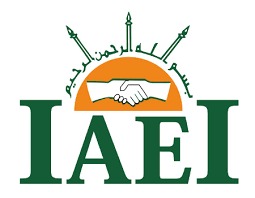Analisis Model Pendistribusian Zakat Produktif Baznas Kabupaten Tanah Datar (Kajian Empiris di Nagari Parambahan Kecamatan Lima Kaum)
DOI:
https://doi.org/10.30983/es.v4i1.3221Keywords:
Abstract
Â
The problem in this research is the unknown detail about the distribution of productive of zakat in Nagari Parambahan and this study aims to determine the effectiveness of the distribution of productive zakat models. The type of research is a field research which is described in a descriptive qualitative manner. Data collected by using interviews and documentation and analyzed with data reduction, data presentation, and drawing conclusions related to the distribution of zakat. The results showed that productive zakat assistance conducted by BAZNAS has not been effective in the framework of developing mustahik business. There are still many undeveloped mustahik businesses, as follows: for livestock businesses out of 23 mustahik who receive assistance in the form of animals livestock (goats / ducks) there are 11 mustahik that are developing and 12 are not developing, while for agriculture out of 5 mustahik who receive productive zakat assistance, none of them are developing, while for business capital of 11 mustahik there are 4 mustahik whose business is developing and 7 not developing, and for assistance in the form of a home industry of 4 years, only 1 person mustahik who get home industry assistance, namely in 2018 and developing.
Â
References
Daftar Pustaka
Albi Anggito, Johan Setiawan, Metodologi Penelitian Kualitatif - Albi Anggito, Johan Setiawan, CV . Jejak, 2018
Almista, Rifo Septiani, Pendistribusian Zakat Produktif BAZNAS Kabupaten Tanah Datar Di Nagari Parambahan Kecamatan Lima Kaum. (Batusangkar: IAIN Batusangkar, 2020)
Bahri, Efri Syamsul, and Sabik Khumaini, ‘Analisis Efektivitas Penyaluran Zakat Pada Badan Amil Zakat Nasional’, Al Maal: Journal of Islamic Economics and Banking, 1 (2020), 164 <https://doi.org/10.31000/almaal.v1i2.1878>
Hamidi, Metode Penelitian Kualitatif (Malang: UMM Press, 2004)
Hayati, Rezkina, Iiz Izmuddin, and Anne Putri, ‘Pengaruh Religiusitas Dan Budaya Terhadap Prilaku Konsumen Muslim Dalam Membeli Makanan Kafe’, EKONOMIKA SYARIAH: Journal of Economic Studies, 3 (2019), 72–84
Hidayat, Y, Zakat Profesi Solusi Menentaskan Kemiskinan Umat. (Bandung: Mulia Press)
IBI, Konsep, Produk Dan Implementasi Operasional. (Jakarta: Djambatan, 2003)
M, Yusuf, Metode Penelitian: Kuantitatif, Kualitatif Dan Penelitian Gabungan. (jakarta: Prenadamedia Group, 2014)
Mufraini, Arif, Akuntansi Dan Manajemen Zakat (Jakarta: Kencana Prenada Media Group, 2006)
Nofi, Fifi, Zainul Rahman, and Rani Anjarwati, ‘Pengumpulan Dan Pendayagunaan Zakat Infak Dan Sedekah’, Jurnal, 2015
Noor, Dr. Juliansyah, ‘Metodologi Penelitian: Skripsi, Tesis, Disertasi, & Karya Ilmiah’, in Metodologi Penelitian: Skripsi, Tesis, Disertasi, & Karya Ilmiah, 2011
Nopiardo, Widi, ‘Mekanisme Pengelolaan Zakat Produktif Pada Badan Amil Zakat Nasional Tanah Datar’, JEBI (JURNAL EKONOMI DAN BISNIS ISLAM), 2016
———, ‘Perbandingan Pengumpulan Zakat Pada BAZNAS Kabupaten Tanah Datar Sebelum Dan Setelah Implementasi Peraturan BAZNAS Nomor 2 Tahun 2016’, Jurnal Imara: Jurnal Riset Ekonomi Islam) IAIN Batusangkar, Volume 1, (2019), 64
———, ‘Perkembangan Peraturan Tentang Zakat Di Indonesia’, JURIS (Jurnal Ilmiah Syariah), 2019
<https://doi.org/10.31958/juris.v18i1.1369>
Ridwan, M., Manajemen Baitul Maal Wa Tamwil. (Yogjakarta: UII Press, 2004)
Satori, Djam’an, Metodologi Penelitian Kualitatif (Bandung: Alfabeta, 2009)
Sugiyono, ‘Metode Penelitian Kuantitatif,Kualitatif Dan R&D’, in Ke-26, 2018
Susanti, Septria, ‘Pengaruh Prinsip Accountability Dan Independency Terhadap Preferensi Muzakki Membayar Zakat Di Lembaga Amil Zakat Izi PKPU Kota Bukittinggi’, EKONOMIKA SYARIAH: Journal of Economic Studies 3 (2019)
Widiastuti, Tika, and Suherman Rosyidi, ‘Model Pendayagunaan Zakat Produktif Oleh Lembaga Zakat Dalam Meningkatkan Pendapatan Mustahiq’, Jurnal Ekonomi Dan Bisnis Islam, 2015 <https://doi.org/10.20473/JEBIS.V1I1.1424>
Downloads
Submitted
Accepted
Published
Issue
Section
License
Authors who publish with this journal agree to the following terms:
- Authors retain copyright and grant the journal right of first publication with the work simultaneously licensed under a Creative Commons Attribution-ShareAlike 4.0 International License that allows others to share the work with an acknowledgment of the work's authorship and initial publication in this journal.
- Authors are able to enter into separate, additional contractual arrangements for the non-exclusive distribution of the journal's published version of the work (e.g., post it to an institutional repository or publish it in a book), with an acknowledgment of its initial publication in this journal.
- Authors are permitted and encouraged to post their work online (e.g., in institutional repositories or on their website) prior to and during the submission process, as it can lead to productive exchanges, as well as earlier and greater citation of published work (See The Effect of Open Access).







